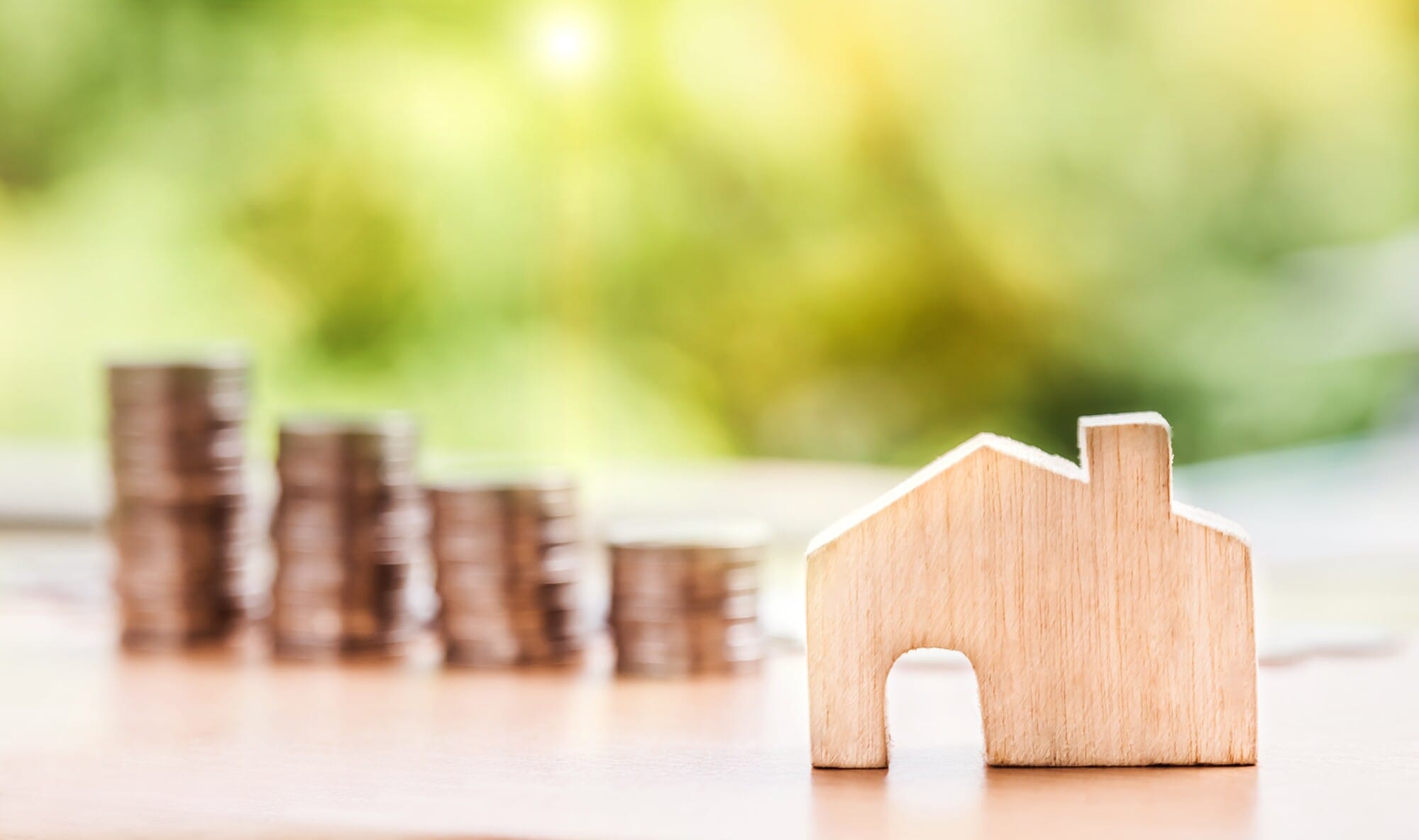The United States real estate market is on fire. More than 5.6 million homes are set to sell in 2020. This represents a 6% increase from the year prior.
Buying a home is a terrific investment. In fact, home values are rising faster than at any time in the past 15 years.
There are many good reasons to jump into the real estate market. One reason is that mortgage rates remain at record lows.
Read on if you are considering buying a first home. Explore the perks of homeownership and financial strategies to make your dream a reality!
Pre-Approval
Before getting a home loan, you need an idea of what your budget is. The home shopping process begins by getting a pre-approval letter from a mortgage lender.
The lender performs a preliminary assessment of your financial condition. They want to determine if you are creditworthy. Income and employment history are two things the lender is interested in.
Credit history is another part of the equation. The lender is going to run your credit history and see if your score is adequate.
They also assess your assets and liabilities. A debt-to-income ratio is calculated to see what type of mortgage you qualify for.
The mortgage lender issues a pre-approval letter. This demonstrates to sellers that you are serious about buying. It also has a rough mortgage amount on the letter.
This shows all parties that you are a strong candidate to get a mortgage for the amount necessary.
Save for a Down Payment
Besides for a few unique mortgages, a down payment is typically required. On a conventional loan, a 20% down payment may be necessary.
There are benefits to putting down such a large down payment. Putting down 20% eliminates the need for Private Mortgage Insurance (PMI). Waiving PMI can save you hundreds per month.
Some mortgages guaranteed by the federal government have a lower down payment requirement. A Federal Housing Administration (FHA) loan only requires 3.5% down.
Either way, this is a significant amount of money for a first time home buyer. With home values on the rise, you will likely need to put down tens of thousands of dollars. Utilizing a mortgage payment calculator can help you estimate your future monthly payments and better plan your savings strategy.
Other Homeowner Expenses
When budgeting for homeownership, it is important to consider all expenses. Your monthly payment goes well beyond the mortgage payment.
For instance, property taxes and home insurance are significant expenses. Depending on which state you live in, property taxes could put a sizable dent in your budget.
Now that you are not renting, any home repairs are your responsibility. This means if the air conditioner breaks or the roof leaks, it is on you. To adequately prepare, you should set aside money each month for maintenance.
A Recap of Buying a First Home
Buying your first home is an exciting time. Few things are sweeter than owning your own place.
Without adequate financial planning, however, you may become house poor. It is important to consider all expenses such as property taxes and a maintenance fund.
If you enjoyed this article about buying a first home, check out our blog for more great content.







